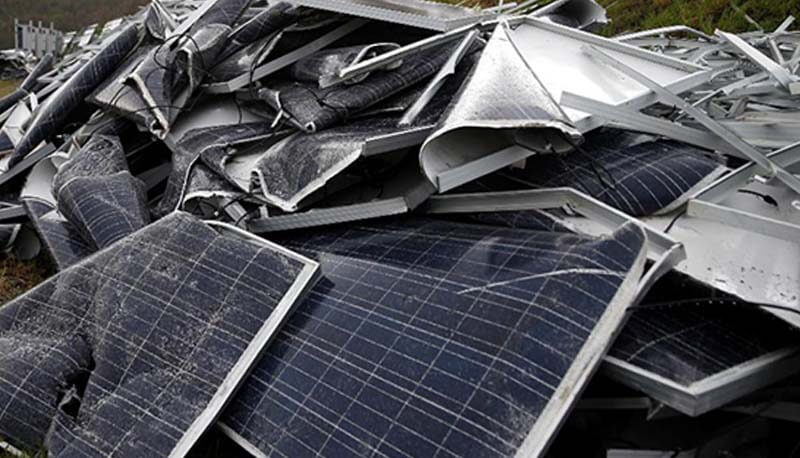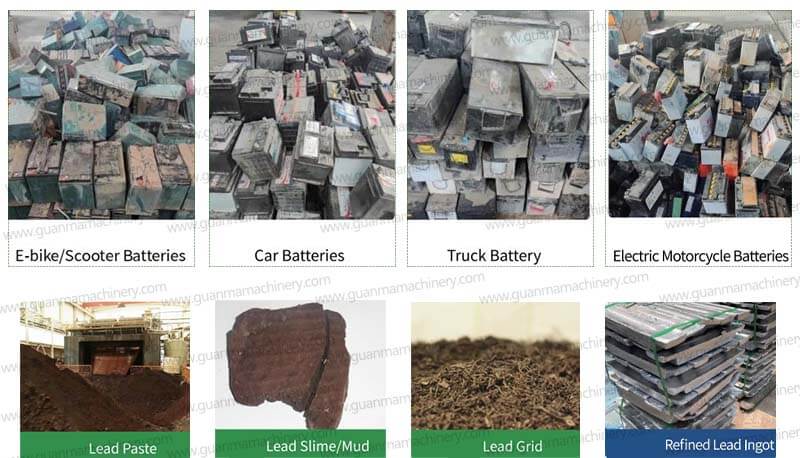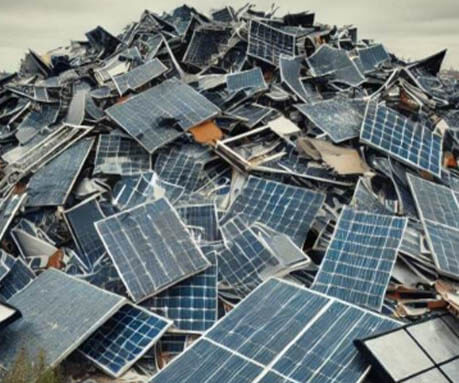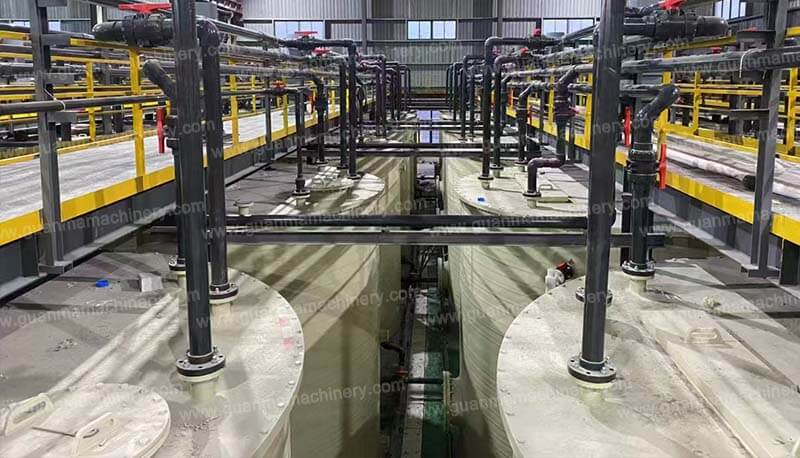Introduction to Black Mass Lithium-Ion Battery Recycling
As global demand for lithium-ion batteries surges, so does the urgency to address their end-of-life management. Black mass lithium-ion battery recycling has emerged as a critical process to recover valuable metals like lithium, cobalt, and nickel while minimizing environmental harm. Lithium battery recycling technology, the role of the hydrometallurgy process for lithium-ion batteries, and key factors influencing the lithium-ion battery black mass price. Whether you’re a manufacturer, recycler, or sustainability advocate, understanding these processes is essential for building a circular economy.
What Is Black Mass in Lithium-Ion Battery Recycling?
Black mass is the powdered material derived from shredded lithium-ion batteries. It contains a mix of cathode metals (e.g., lithium, cobalt), graphite, and other components. Recycling this material through lithium batteries recycling processes ensures resource recovery and reduces reliance on mining.
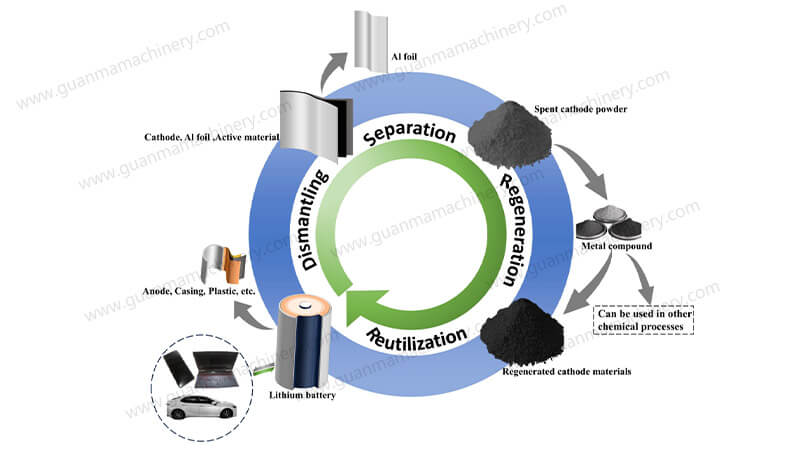
Why Invest in Lithium-Ion Battery Recycling Technology?
1. Resource Scarcity: Recovering metals from black mass alleviates pressure on finite mining resources.
2. Regulatory Compliance: Governments worldwide are enforcing stricter e-waste regulations.
3. Economic Value: The lithium-ion battery black mass price fluctuates based on metal markets, offering profit potential for recyclers.
4. Environmental Impact: Proper recycling prevents toxic leakage and reduces carbon footprints.
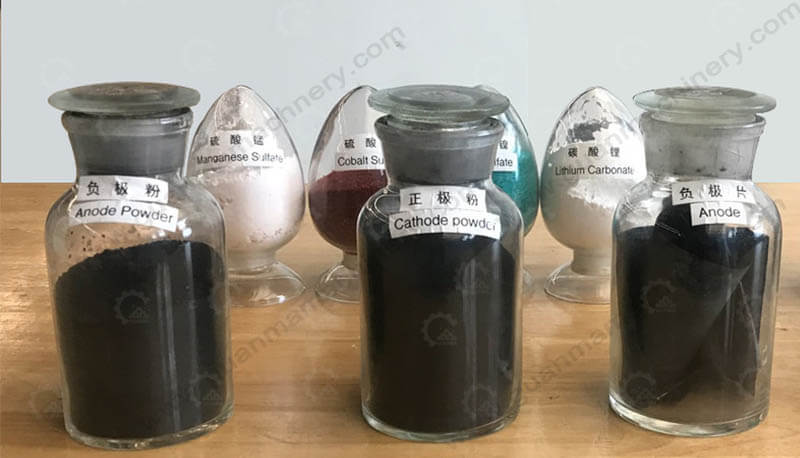
Hydrometallurgical Battery Recycling: The Gold Standard
The hydrometallurgy process for lithium-ion batteries is a method for black mass recycling. Unlike pyrometallurgy (high-temperature smelting), hydrometallurgy uses chemical leaching to dissolve metals from black mass.
Key Steps in Hydrometallurgical Recycling:
1. Pre-Treatment: Batteries are discharged, dismantled, and shredded into black mass.
2. Leaching: Acids or solvents dissolve metals like lithium and cobalt.
3. Purification: Impurities are removed via filtration or precipitation.
4. Recovery: Metals are extracted through electrowinning or crystallization.
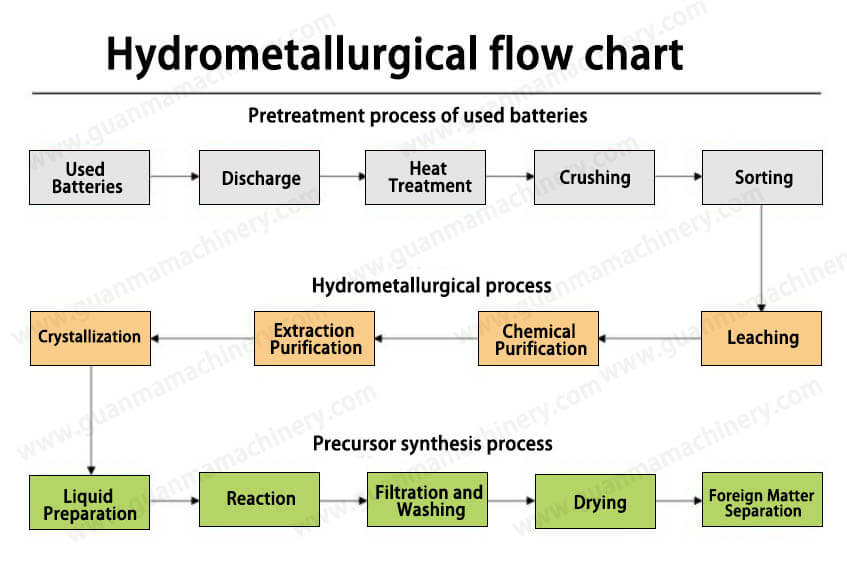
Advantages:
Higher metal recovery rates (95%+ for cobalt and nickel).
Lower energy consumption compared to pyrometallurgy.
Scalable for large-volume processing.
Innovations in Lithium Battery Recycling Technology
To maximize efficiency, researchers are refining the lithium batteries recycling process with innovations such as:
Direct Recycling: Reusing cathode materials without full breakdown.
Bioleaching: Using microorganisms to extract metals sustainably.
Automated Sorting: AI-powered systems to separate battery components.
These advancements reduce costs and improve the viability of black mass lithium-ion battery recycling.
Factors Influencing Lithium-Ion Battery Black Mass Prices
The lithium-ion battery black mass price depends on:
1. Metal Market Trends: Cobalt and lithium prices directly impact black mass value.
2. Purity Levels: Higher metal concentration commands premium pricing.
3. Recycling Efficiency: hydrometallurgical battery recycling methods yield more recoverable material.
The Future of Black Mass Lithium Battery Recycling
With electric vehicle (EV) adoption accelerating, the recycling industry must scale rapidly. Key trends include:
Government Incentives: Subsidies for recyclers adopting green lithium battery recycling technology.
Collaborative Networks: Partnerships between automakers and recyclers to streamline collection.
Circular Economy Models: Manufacturers designing batteries for easier recycling.
Black mass lithium battery recycling is no longer optional—it’s a necessity for sustainable growth. By leveraging hydrometallurgical battery recycling and staying ahead of lithium battery recycling technology trends, businesses can turn waste into wealth while supporting global decarbonization goals. Stay informed about the lithium-ion battery black mass price and invest in efficient lithium batteries recycling processes to secure a competitive edge in this booming industry.

